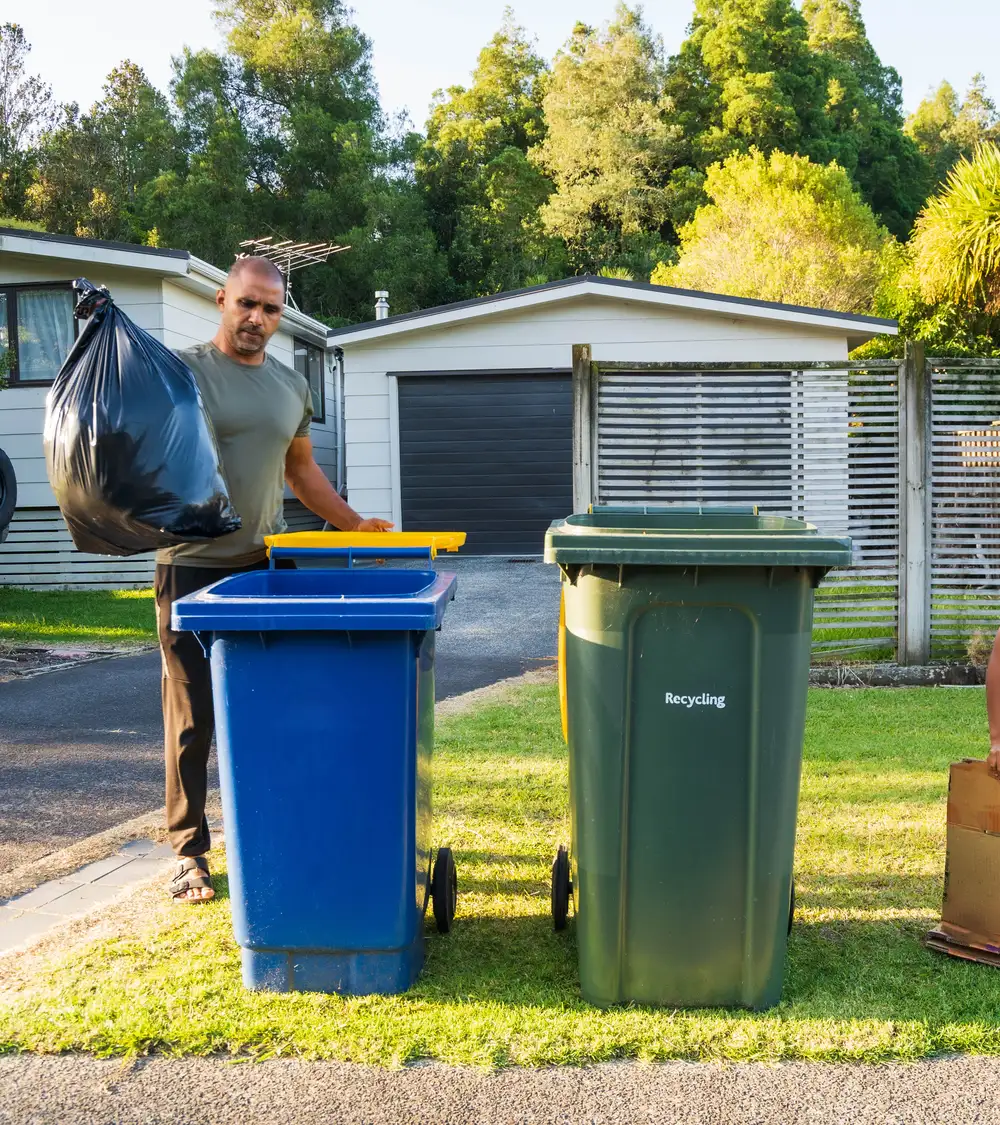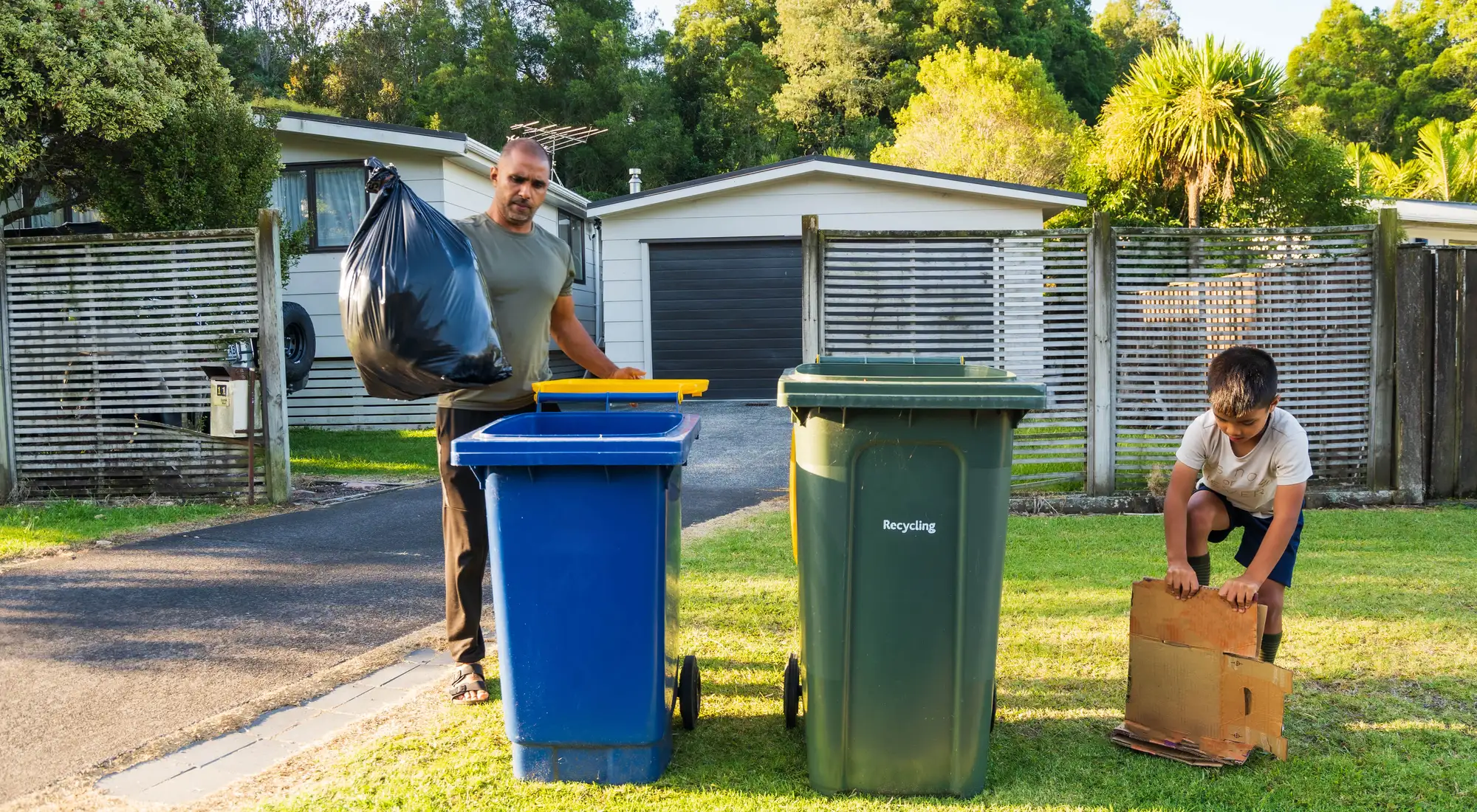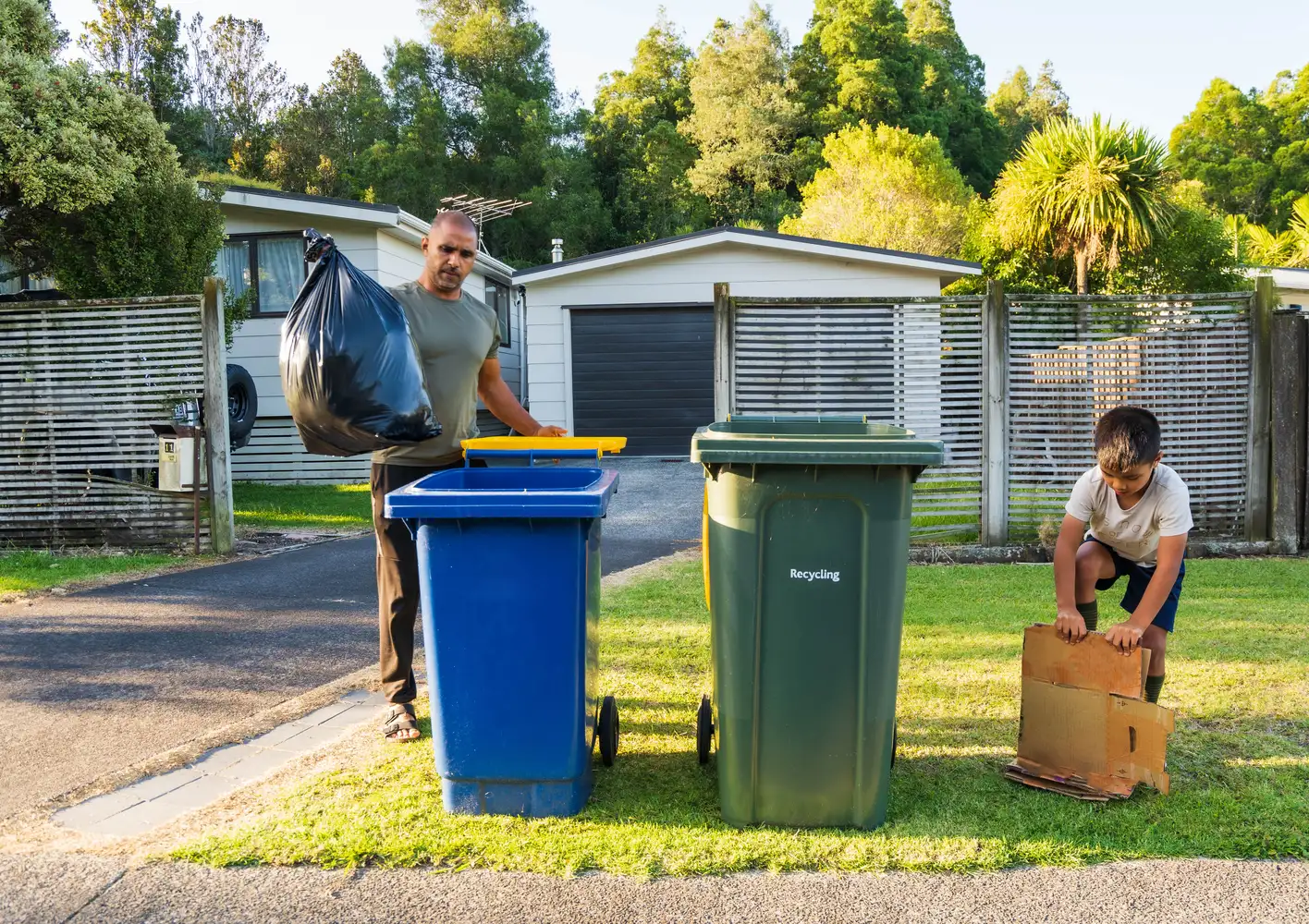The role of councils needs to be strengthened to future proof the country



1 March 2023
LGNZ wants the Future for Local Government Review panel to radically rethink how the country delivers public services.
Submissions on the panel’s draft report close today.
“Local leaders were frustrated with a lack of concrete proposals in the draft report,” says LGNZ President Stuart Crosby.
“With the final report due in June, councils across the country say the relationship between central and local government needs a reboot.
"Right now, 90% of the country’s public expenditure is allocated by central government. That puts us in the top three most centralised countries in the OECD. That must change. Cyclone Gabrielle has exposed many of the pressing issues that have been bubbling away over decades—issues that a one size fits all approach has failed to address.
"The rapidly changing climate is just one issue that’s putting tremendous pressure on our lives and livelihoods. We have a massive infrastructure deficit and the gap between our richest and poorest regions is growing.
"These are complex issues and central government can't tackle them alone.
"The Future for Local Government Review is a once in a generation opportunity to strengthen councils’ role in addressing these challenges.
“We want to see the Panel reimagine the way that local government and central government work with our communities. That means addressing what roles and functions should be delivered centrally, regionally or locally— and we think the answers are radically different to the way things work right now,” Stuart Crosby said.
“It’s obvious that we can’t take the same rules and ideas we apply in Kaikohe and expect them to work in Gore—or even Kaipara for that matter. The best outcomes for people arise when public services are tailored towards what our communities are telling us they need,” says LGNZ National Council member and Mayor of the Far North Moko Tepania.
"Unlike a lot of other countries, councils in Aotearoa have no say on social services like housing, healthcare or public welfare. What we wind up with is a bunch of government departments trying to tackle them one by one in the same place without sharing information between them.
“At the moment we're not joining up the dots, and we’re not taking advantage of local knowledge. It's part of the reason why our three poorest regions are around 40% worse off than our three richest.
We need to give councils the power to make the right decisions for our mokopuna, Moko Tepania said.
“If the final report fails to paint a clear direction for political parties, then radical change will not happen,” Stuart Crosby said.
“Putting power back in the hands of communities isn’t an overnight process; it will take multiple election cycles. But this review needs to set the wheels in motion by laying it all on the table,” Stuart Crosby said.
LGNZ’s submission can be found here and includes our top five recommendations for change. These are:
- Amend the LGA to embed neighbourhood governance and participatory democracy;
- Adopt a revenue-sharing model under which local government receives an automatic share of national taxation;
- Develop a clear and consistent legislative framework to guide how councils give effect to the principles of Te Tiriti o Waitangi;
- Create a mechanism for establishing city or regional deals;
- Sign a Memorandum of Understanding between central and local government after each general election;
- Establish a Local Government Centre of Excellence, jointly owned and funded by central and local government, that promotes good practice and innovation across local government and could deliver to many of the Panel’s recommendations.